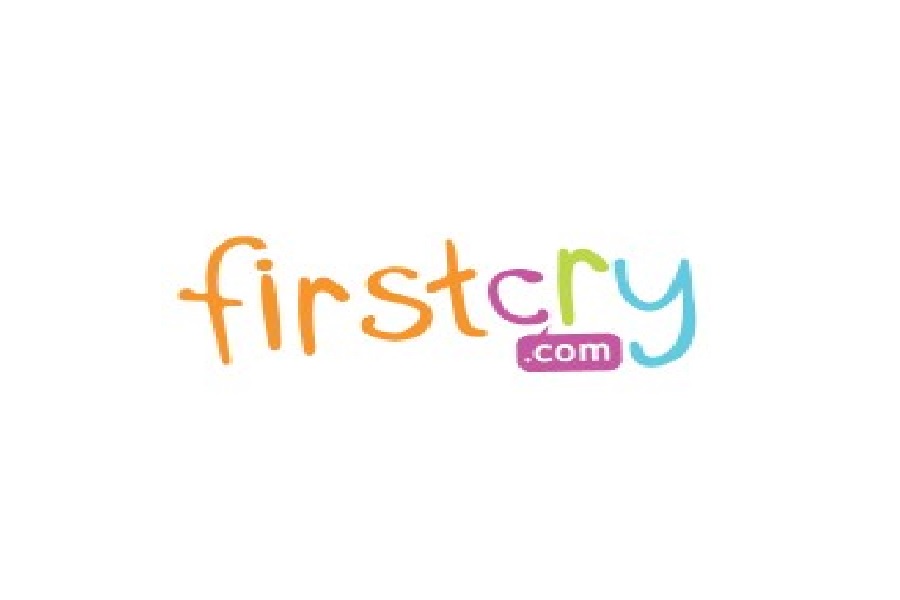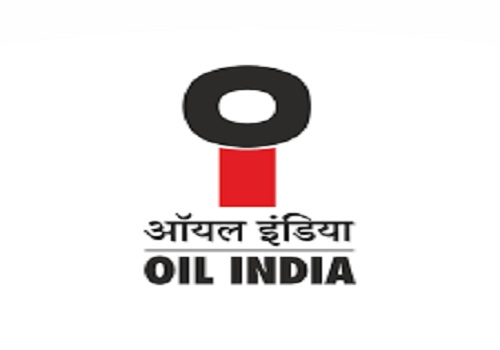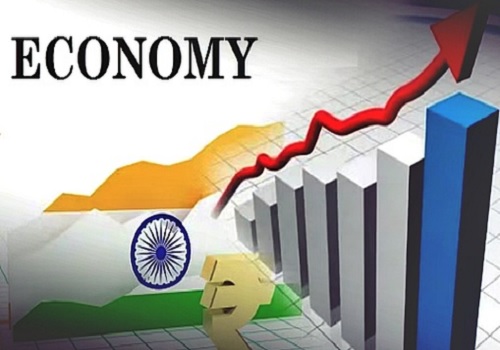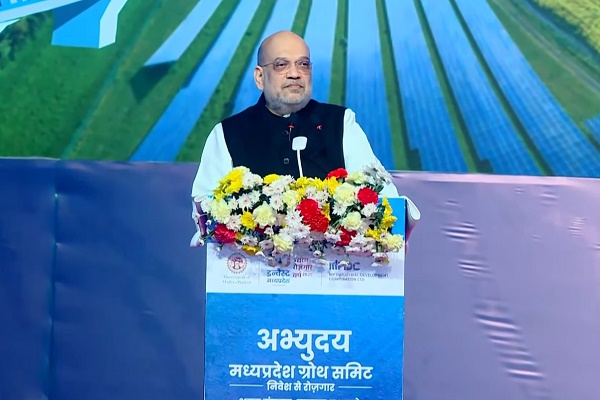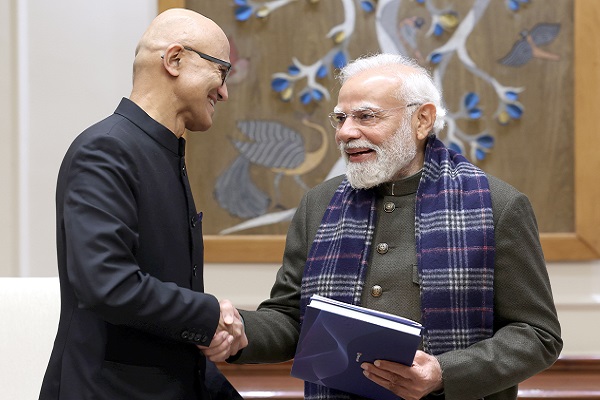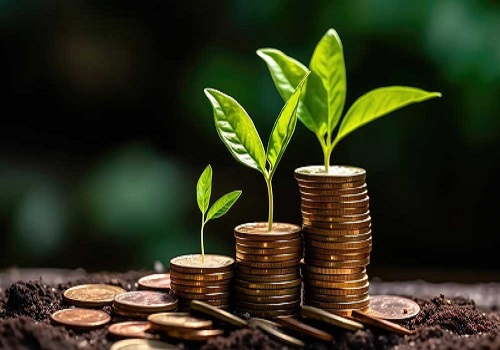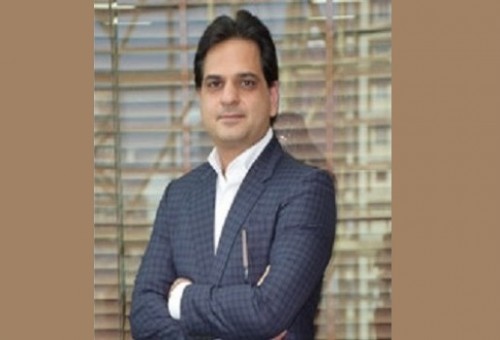Personal Finance learnings from the Pandemic By Ghazal Jain, Quantum Mutual Fund

Below are Views On Personal Finance learnings from the Pandemic: By Ghazal Jain, Associate Fund Manager, Quantum Mutual Fund
“We can sum up the Pandemic in one word; unprecedented - in terms of disruption in our lives and finances. This has forced us to rethink and improvise the way we manage our finances, “shared Ghazal Jain, Associate Fund Manager, Alternative Investments, Quantum Mutual Fund in a webinar held on Aug 31, 2021 on Personal Finance learnings from the Pandemic. Here are the key takeaways from the webinar:
Step 1: Prepare for the worst:
Many suffered job losses, hospitalization expenses and incomes were hit. During these times, people who had a financial backup were able to cope better. The world’s best known investor Warren Buffet has said that, ‘In order to succeed, you must first survive.’ Covid was not the first major disaster the world has seen and there have been several disruptions on the economic and environmental front as there will be in the future. As a result, a preliminary first step in managing our finances is a sound financial backup plan. You need to have 12-24 months of expenses set aside as emergency money in savings accounts and liquid funds. You also need to have adequate health insurance and term life insurance offering a minimum coverage of 10 times your annual income. This could prepare you for unforeseen events such as natural calamities, sudden loss of income, job loss, medical expenses, or unplanned expenses.
Step 2: Plan your savings:
The pandemic taught us that our savings are essentially the only thing that we can count on in times of need - not our job, or business or friends or family or banks or even the government. Savings are indispensable and should be prioritized. Typically, one would think of savings as whatever is left over after you deduct your expenses from your savings. When ideally, whatever is left after you save is what you need to spend.
Step 3: Beware of lifestyle expenses:
The pandemic and subsequent lockdowns taught us that we don’t necessarily have to spend more to have a good quality of life.Impulse purchases, entertainment, shopping are all controllable and discretionary expenses. They can instead be channelized into savings and long-term wealth creation. One must be aware of lifestyle inflation, which keeps us running in the same place because no matter how much we earn, it’s never enough to satiate our ever-increasing needs.
Step 4: Focus on the real return:
India’s preferred saving instrument, the bank fixed deposit, accounts for 53% of household savings as per latest data from the RBI. In response to the pandemic and to revive the economy, policymakers have slashed interest rates. You cannot count on low and falling FD rates to cope with the rising inflation. If we look at the increase in average consumer spending over the last few decades, returns from fixed deposits have not kept pace with the rate of inflation and in real terms, fixed deposit returns are negative. Whereas Gold prices have kept pace with inflation and returns from equities have exceeded inflation rates. The key takeaway here is not to replace fixed deposits but one must not concentrate all their investments into fixed deposits and should diversify into equity, gold and other asset classes.
Step 5: Survival of the fittest:
Just like our physical health, our income statements need to be healthy and we should aim for little or no debt. As debt can weigh down on our financial health just like being unfit can weigh the body down.
Step 6: Liquidity is often an overlooked investment attribute.
An important thing to assess can be how quickly an asset can be bought or sold. Financial assets like shares and mutual funds are liquid and can be easily bought and sold. However, money locked into land and property or other hard assets is not as easily realized in a crisis.
Step 7: Focus on what you can control:
Today’s economic environment is very unpredictable. Thus when it comes to investing, instead of obsessing on news and events outside your control, it’s important to manage what’s in your control. Managing your lifestyle and maximizing your savings can have the same impact on your net worth as increasing your investment returns. Starting to save even small amounts can make a huge difference to your financial wellbeing. Start as early as possible and be patient to enjoy the effects of compounding.
Predicting which asset class is going to be the next best performer is difficult. There have been years when equity markets had a brilliant run, years when only bonds performed well, and years when gold shined the brightest, and these periods did not typically overlap. But diversifying and having an asset allocation strategy is in your control. The year 2020 was a reminder of the virtues of asset allocation. An investor who would have saved 100% in equities would have seen their portfolio value reduce for the 3 months ending March 2020, at the peak of the pandemic. On the other hand, a person who would have diversified in Equity, debt and Gold would have minimized downside risks and would have been better off. . Asset allocation can reduce portfolio volatility and smooth out the investment journey.
So to sum up, it is important to have a backup for emergencies parked into Liquid funds or Bank Deposits and then to diversify your investments across asset classes.
To Read Complete Report & Disclaimer Click Here
Above views are of the author and not of the website kindly read disclaimer
